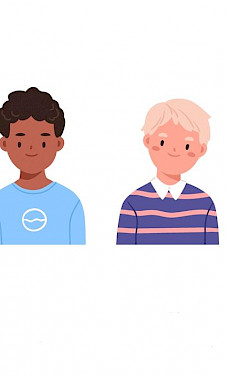
The Rights of Youth Here and Around the World
Description
|
Warning! The Act respecting the regulation of work by children was assented to on June 1, 2023. This law aims to regulate child labour and provides a general age limit to work in Quebec, with some exceptions. As a result, our teaching guide is currently under review. |
Educational objectives
- To become familiar with the concepts of human rights and children’s rights
- To become aware that many children can’t benefit from the rights provided under the Convention on the Rights of the Child
- To look for ways to improve the situation of children around the world
- To try different types of arguments to convince others of their position
Subjects and subject-specific competencies
Culture and Citizenship in Québec - Secondary
Secondary II
Cultural realities and compulsory main concepts: Autonomy and interdependence - Autonomy.
Compulsory specific concepts, and related topics and examples: Freedom of choice.
Cultural realities and compulsory main concepts: Democracy and social order - Rights and responsibilities.
Compulsory specific concepts, and related topics and examples: Human rights.
Secondary IV
Cultural realities and compulsory main concepts: Justice and the law - Justice and Legal and judicial institutions.
Compulsory specific concepts, and related topics and examples: Principes of justice, Types of justice, Charter of Rights and Freedoms.
- Competency 1: Studies cultural realities:
- Analyzes social relations:
- Characterizes relations between individuals, groups and institutions.
- Situates these relations in time and space.
- Draws up findings.
- Analyzes social relations:
English Language Arts
- Competency 2: Represents her/his literacy in different media
Duration
Four periods
Connections with other subjects
- History and Citizenship Education: Winning of civil rights and freedoms
- Contemporary World: Chapter on Power – International and multilateral agreements
Broad areas of learning
- Citizenship and Community Life: Adoption of a culture of peace
- Health and Well-Being: Self-awareness and awareness of his/her basic needs.
Cross-curricular competencies
- Uses information: Gathers information and puts it to use
- Communicates appropriately
Related content
Children, teenagers and work
The rights of children when parents divorce
- Choosing Which Parent to Live With
- Changes in Child Custody
- Separation: myths and realities (series of videos)
Criminal system punishments for teenagers
- Understanding Criminal Law
- Responsibility for Criminal Acts
- Caught by the Police? What Happens Next?
- Youth Sentences
General
External pedagogical tools
- The website of Equitas – the International Centre for Human Rights Education – provides teaching guides on the rights of children and human rights generally
- Unicef has teaching resources about the Convention on the Rights of the Child
External resources
- Text of the Convention on the Rights of the Child
- The Convention on the Rights of the Child in language adapted to a young audience




